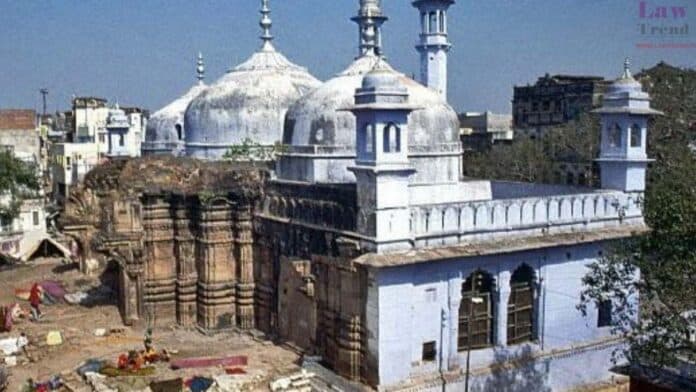The Allahabad High Court has granted the Archaeological Survey of India (ASI) the last opportunity to file its response by April 5 clarifying whether the process of carbon dating will damage an object, claimed to be a “Shivling”, found inside the Gyanvapi mosque or safe evaluation of its age can be done.
The Hindu petitioners have claimed the object to be a “Shivling”. The claim was disputed by the Muslim side, which said the object was part of a “fountain”.
The court expressed its displeasure over non-filing of response by the ASI despite eight months’ time being given to it.
The court fixed April 5 for the next hearing.
The petitioners, Laxmi Devi and three others, have filed the present civil revision petition, challenging a Varanasi court order that had rejected the demand for carbon dating and scientific determination of the purported ‘Shivling’, found during a court-mandated survey of Gyanvapi mosque premises on May 16, 2022.
On Monday, when the case was taken up, the counsel for the ASI sought more time to file its response as according to him, the ASI has to obtain advice from other agencies as well.
Expressing displeasure over the delay in filing response, Justice Arvind Kumar Mishra observed, “The time extension application has already been given in the garb of obtaining advice from other agencies. Further time should not be sought by the ASI, as the ASI may take advice as it thinks appropriate by embarking upon a process which would expedite the matter. It should not be allowed to go on any further from April 5, 2023.”
The court also directed the trial court in Varanasi, where this case is pending, to fix the date in the trial after April 5.
The petitioners have challenged the Varanasi court’s order of October 14 last year, rejecting Hindu worshippers’ plea for conducting a scientific probe of the ‘Shivling’.
Carbon dating is a method of calculating the age of very old objects by measuring the amounts of different forms of carbon in them.




